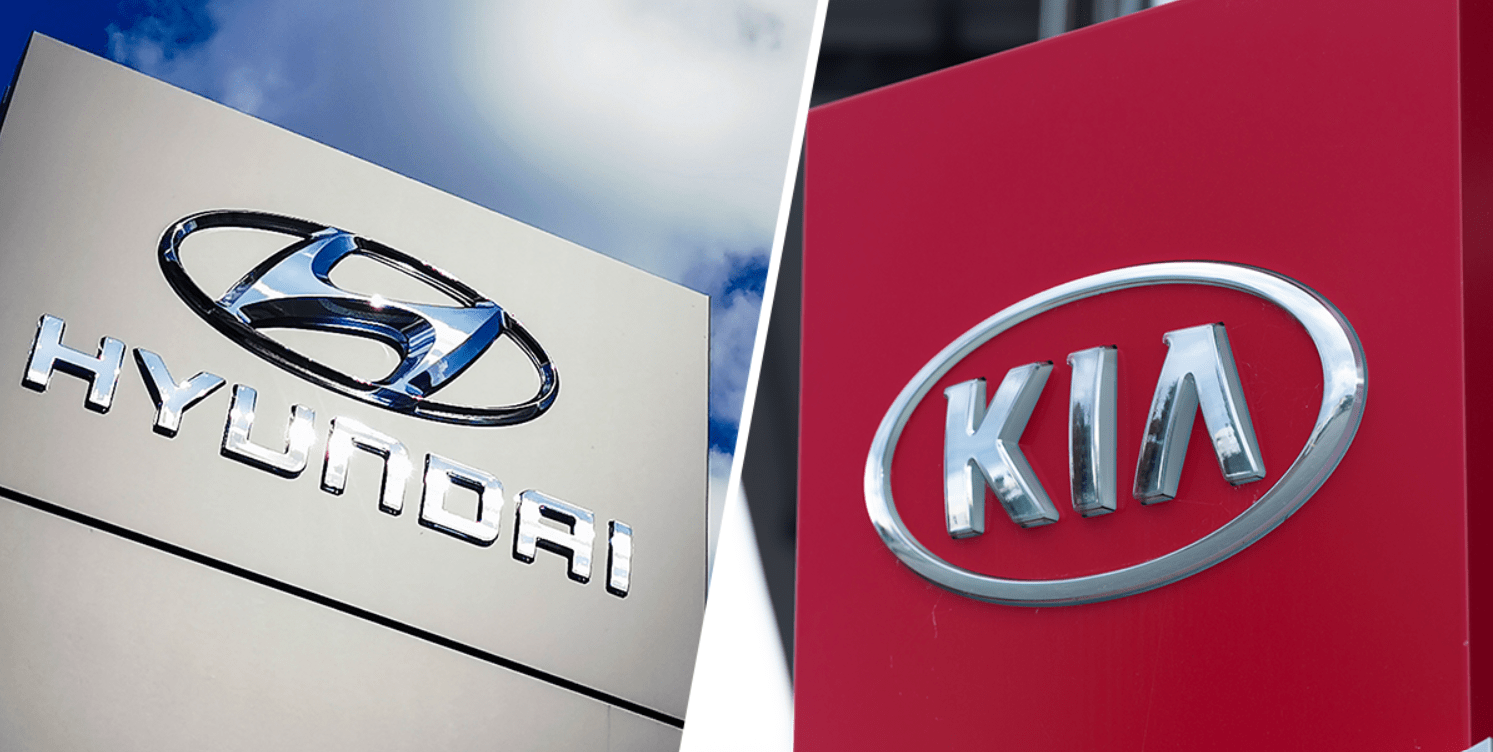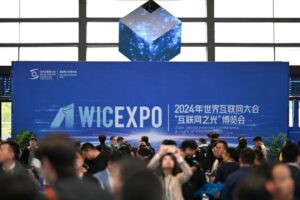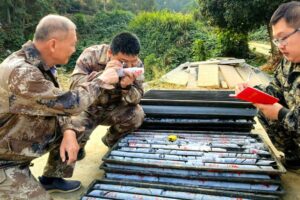
In the electric vehicle market, one of the most notable trends in recent years has been the rise of lithium iron phosphate batteries, commonly known as LFP batteries. This type of battery has become the preferred choice for many automakers due to its lower costs and other advantages. Companies such as CATL and BYD, leaders in the sector, have promoted this trend, which has led brands such as Renault, Volkswagen, Nissan and Stellantis to adopt this technology over traditional Nickel, Cobalt and Manganese (NCM) batteries.
The main advantage of LFP batteries lies in their reduced cost, greater durability and better safety compared to other technologies. These benefits have caught the attention of global manufacturers seeking to offer more affordable and competitive electric vehicles. Among the most prominent players to join this technological revolution are Hyundai and KIA, two of South Korea’s leading automobile manufacturers.
Hyundai and Kia accelerate the race for LFP batteries
Hyundai and Kia do not want to be left behind in the adoption of LFP batteries. To this end, they have announced ambitious production plans that include a strategic collaboration with Hyundai Steel and EcoPro BM, with the aim of developing their own line of LFP batteries. This effort will not only reduce dependence on foreign suppliers, but will also allow them to have greater control over the entire production chain.
This collaboration between Hyundai, Kia and their industrial partners focuses on the production of high-purity iron powder from recycled iron. The iron obtained will be key to the creation of LFP cathode materials, an essential component in battery manufacturing. What makes this process innovative is the elimination of the traditional precursor stage, which will simplify the production process and significantly reduce costs.
Typically, LFP cathodes are made by adding lithium to precursors such as iron phosphate or iron sulfate. However, the new methodology developed by Hyundai and its partners involves the direct combination of phosphate, iron powder and lithium, without going through the precursor stage. This approach not only makes production cheaper, but also reduces the emission of polluting substances during the manufacturing process.
By adopting this LFP battery production method, Hyundai and Kia will be able to reduce the costs of their electric vehicles, improve environmental sustainability and increase battery performance. The new models equipped with LFP batteries will offer faster charging times and better performance in low temperature conditions, features increasingly in demand by consumers.
One of the first models to benefit from this technology will be the Hyundai Inster, which is expected to reach the European market with a price of less than 25,000 euros. This vehicle will offer a range of up to 355 kilometers per charge, making it an attractive option for those looking for an affordable electric car with good performance.
Another model that will also take advantage of LFP battery technology is the KIA EV3, which will have an approximate price of 37,000 euros and will offer an impressive range of 605 kilometers. Both vehicles are designed to compete in an increasingly competitive market, where consumers prioritize range and fast charging times.
With the introduction of more economical and sustainable LFP batteries, Hyundai and Kia are taking a crucial step towards greater independence in the electric vehicle industry. By simplifying the production process and eliminating costly steps, both brands will be able to offer more affordable batteries without compromising the performance or safety of their cars.
As models like the Hyundai Inster and KIA EV3 come to market, consumers will be able to enjoy more affordable electric vehicle options, with outstanding performance and greater range. This commitment to sustainability and cutting-edge technology reaffirms Hyundai and Kia’s commitment to leading the future of electric mobility on the global stage.
Source: https://reporteasia.com/negocios/2024/10/09/hyundai-kia-mercado-vehiculos-electricos-produccion-baterias-lfp/

